| Name of Study Programme | : Master Programme of Biology (Program Magister Biologi) |
| Institutional Homebase | : Department of Biology (DBIO),
Faculty of Science and Data Analytics (FScientics), Institut Teknologi Sepuluh Nopember (ITS) Surabaya |
| Address | : Jl. Arief Rahman Hakim, Kampus ITS Sukolilo, Surabaya, East Java, Indonesia, Post Code: 60111 |
| Contact | : Phone/Fax.: +6231-5963857 |
| Email: biologi@its.ac.id | |
| Year of establishment | : 2015 |
| Accreditation status |
|
| Degree awarded | : Magister Sains (acronym: M.Si) /Master of Science (acronym: M.Sc.) |
| Duration of study | : 2 (two) years (4 semesters) |
| Minimum credits | : 36 credits |
| Core study | : Biology |
| Specification | : Microbiology, Zoology, Botany, and Ecology |
| Course language | : English and Bahasa Indonesia |
Copyright © Departemen Biologi FSAD ITS
